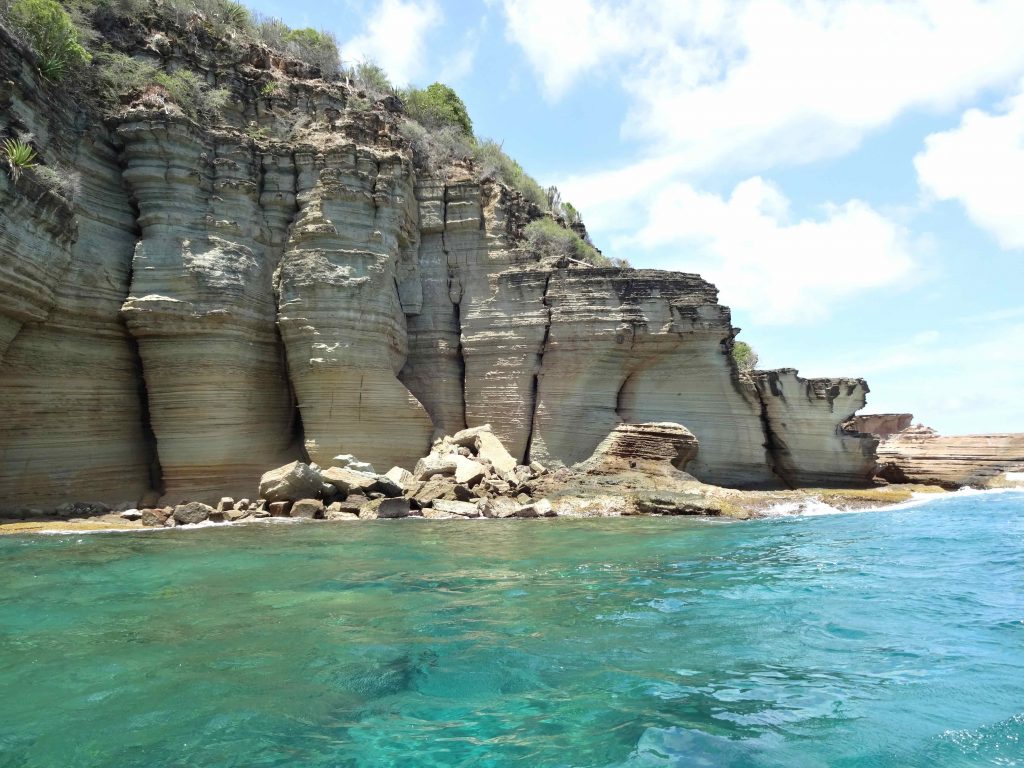
By Kadeem Joseph
Tour operators and owners of recreational facilities frequented by tourists are being asked to be more vigilant as their properties begin to welcome patrons, in order to reduce the potential spread of the coronavirus.
Among the advice being advanced by assistant director at the Caribbean Public Health Agency (CARPHA), Dr Lisa Indar, is the need for greater sanitisation of high touch surfaces and equipment.
“Depending on whatever recreation activities, cleaning and sanitising between activities is very important,” she said. “I want to emphasise this, your pool areas and so on, it is no longer good enough just to clean in the morning and clean in the evening because we know that someone can sit and they can transfer it [Covid-19] to the pool chairs or to any type of equipment they are using,” she said.
Dr Indar is advocating that all equipment be cleaned after every use.
She is also proposing that there be proper use of signage on properties so that patrons can see exactly what is expected of them during their usage.
The CARPHA official said these measures will complement temperature checks, proper hand washing and sanitising in order to prevent the spread of the virus.
She is also advising the creation of plexiglass barriers where possible, as well as having designated areas for picking up and dropping off guests, and floor markings to ensure physical distancing is maintained along with avoiding the handling of cash.
Dr Indar is also advising that the capacity for seating and pools be revised to respect physical distancing protocols, while warning that “we cannot have a full capacity because once there is crowding, there is a risk”.
Meanwhile, tourism consultant Joan Leacock said many establishments have already begun to implement the measures necessary to maintain good hygiene, but hastened to add “we just have to be more vigilant” in continuing to maintain these standards.
Leacock said communication is also an important aspect of ensuring that health standards are maintained, and must be in line with what customers are expecting.
“If you are taking a few people from a cruise ship that may come in later on in the year, and you’re saying that you’re restricting 20 people to your site of attraction, the cruise ship, the coach and the tour operator must know that because you can’t let them get to your site and then you embark the information to them … they should know all this information prior,” she explained.
Both women were speaking during a recent webinar on initiatives to support the reopening on the tourism industry in the region, which was hosted by the Caribbean Tourism Organisation (CTO).
According to the CTO, these guidelines form part of a checklist backed by health and safety training for various tourism industry sectors, including ground transportation, accommodation providers, food and beverage, and attractions.
The body said general health and safety protocols have also been created and will be supported with training delivered by CARPHA to a wide cross-section of employees and owners in the tourism industry.

